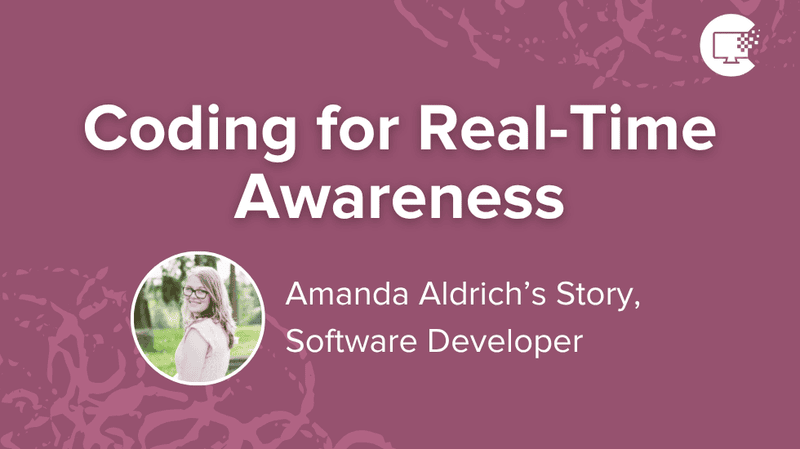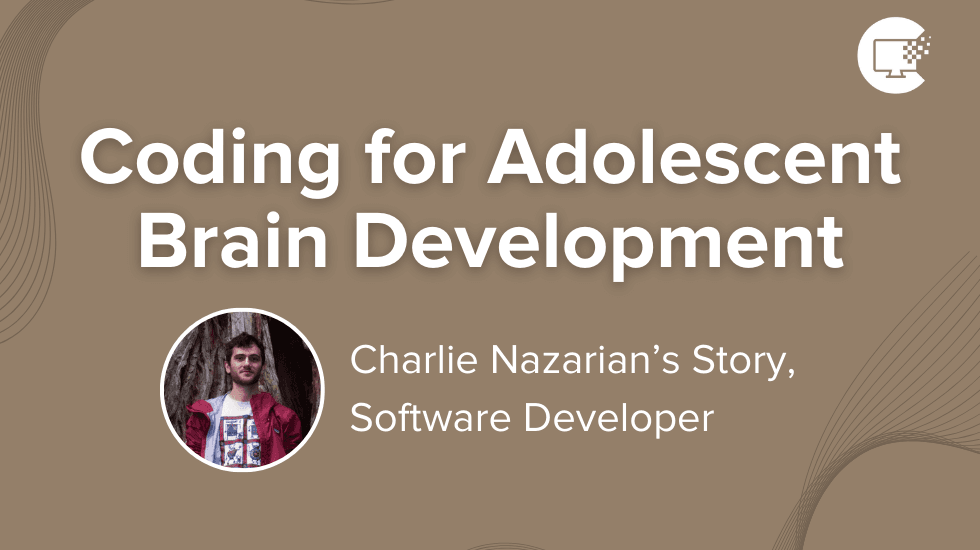Coding for NFT Intelligence
By Irina Stanescu, Software Engineer at Mnemonic

Tell us about your background.
I was born and raised in Bucharest, Romania, and currently live in San Francisco, California. I started learning how to code in 9th grade, and I went to a computer science high school. I had always found programming fun and interesting, so pursuing a Computer Engineering degree felt natural.
In University, my major was Compilers and Operating Systems, and I liked it so much that I became a Teaching Assistant for the Introduction to Operating Systems course and spent most of my summers doing internships. After graduating, I worked at a Romanian company named Ixia doing embedded development and networking protocols. Within two years, I was hired by Google where I worked on building distributed systems for a variety of projects including ad serving, tv ads and video streaming.
After more than five years at Google, I decided it was time for a new challenge and joined Uber in 2016, where I was a Tech Lead on the Marketplace and Uber Eats Delivery Experience. In 2020, I left Uber and took a year off to rest and figure out my next career move, which ultimately was joining Mnemonic in September 2021 as a Staff Software Engineer.
What do you work on?
At Mnemonic, I’m part of the team that develops large-scale distributed systems to build the most comprehensive NFT intelligence platform ever, offering insights across the blockchain universe. My focus right now is building data pipelines for analyzing massive amounts of data to extract insights into how NFT supply and ownership evolves over time.
How do you use coding in your industry/projects?
The product we offer at Mnemonic is essentially all software. Being such an early-stage startup, we spend most of our time building things from scratch with code. This also often involves setting up the cloud infrastructure on which to run our code at scale.
Any fun tips for young coders?
Programming should always be seen as play, even in professional environments, where the complexity of software and stakes are really high. Adopting a beginners mindset and having fun is the key to building a long lasting career in software. Technologies and programming languages change over the years, there are many ups and downs in the day-to-day, and many of the systems can seem daunting. In reality, everything is built on top of the same core principle: smaller pieces that fit together as a puzzle.
What tools and programming languages do you use?
I’m currently programming mostly in Golang using Visual Studio Code. Our code runs on Amazon Web Services and Google Cloud Platform. We host our code on github and that’s also where we do code reviews. We use linear for tracking issues and Google Suite for other planning and writing design proposals.

I mentor engineers and managers on plato.com, blog at thecaringtechie.substack.com, read voraciously, love experimenting with cooking and stay active through weight lifting and dancing.


